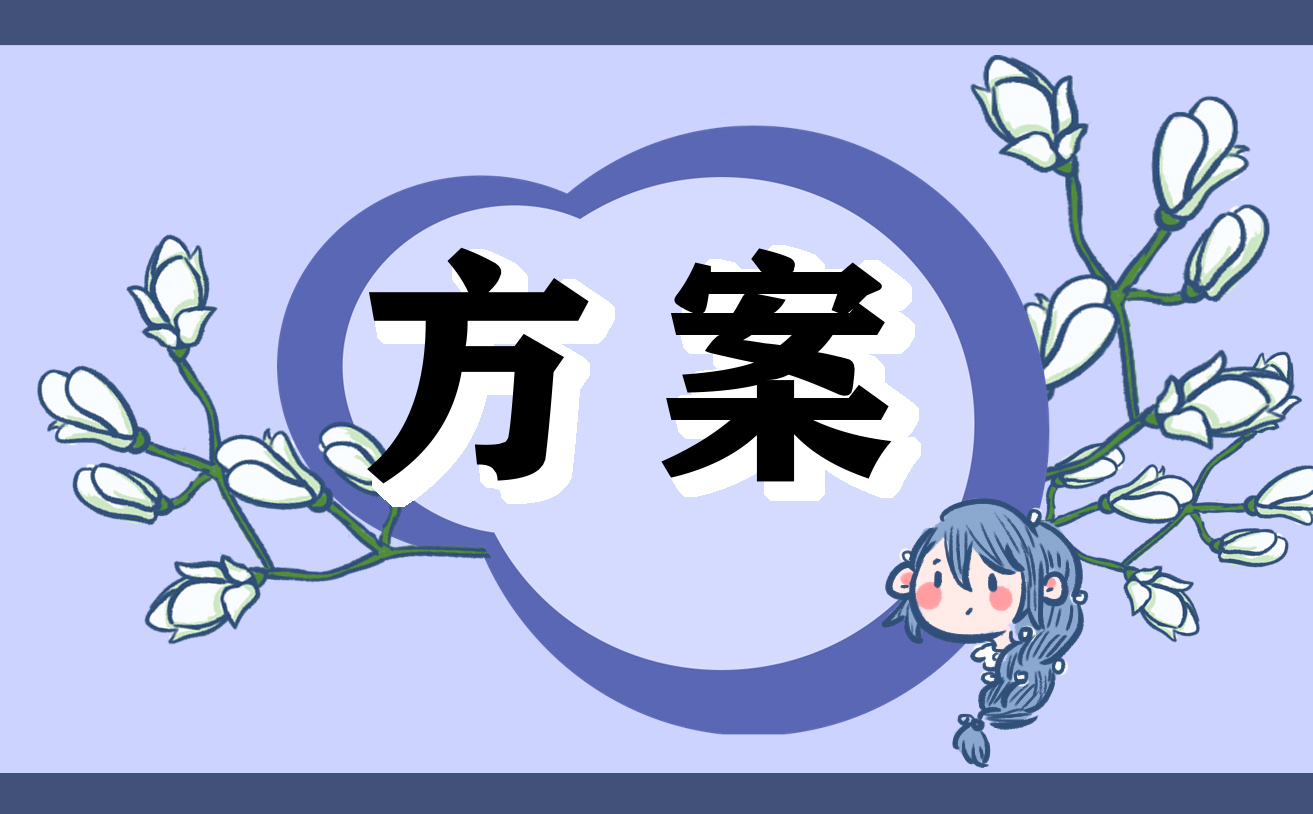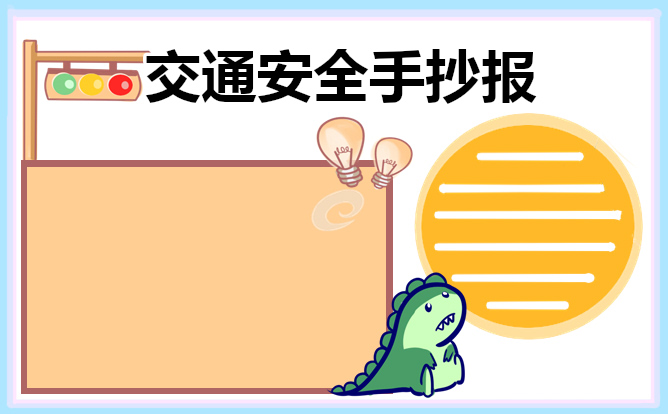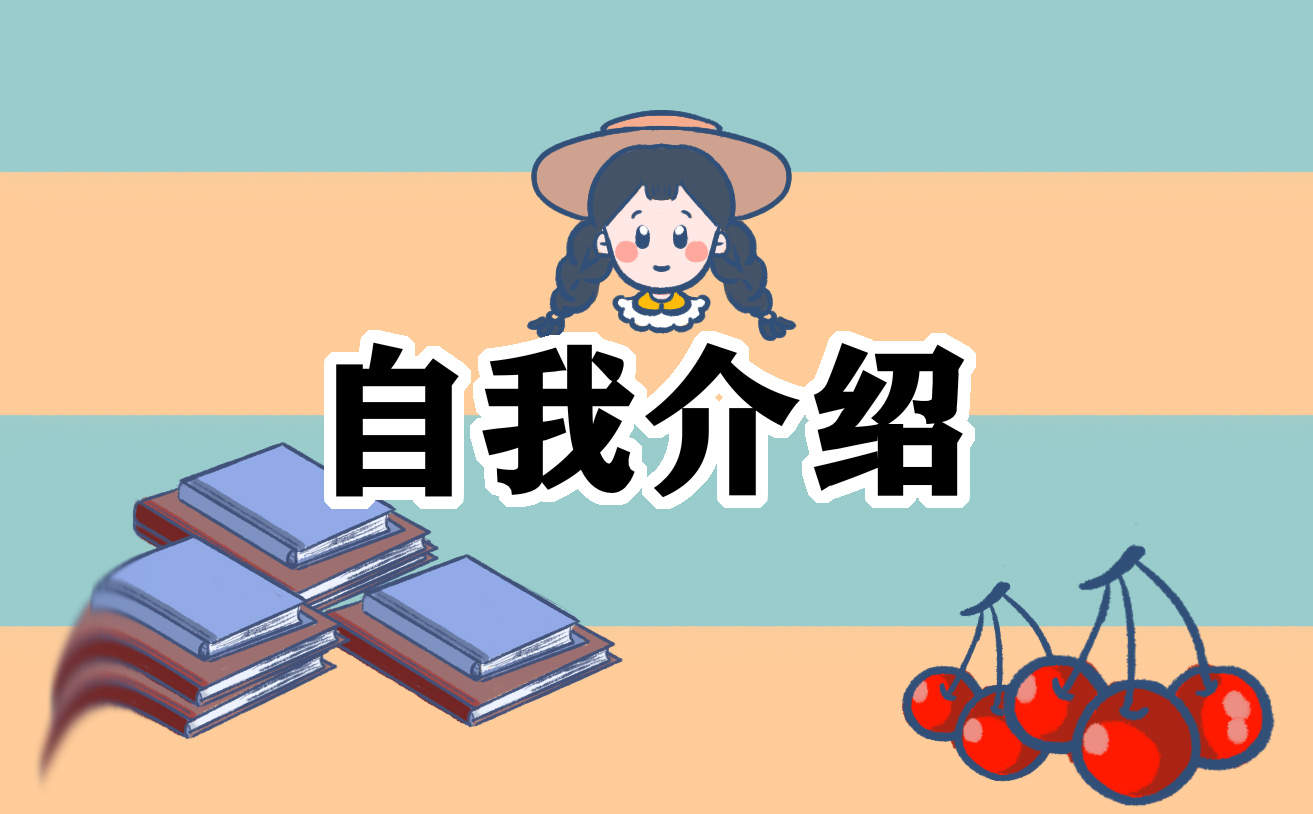loose的用法和辨析
loose有松的,宽的;松散的的意思。那你们想知道loose的用法吗?今天小编给大家带来了loose的用法 ,希望能够帮助到大家,一起来学习吧。
词汇精选:loose的用法和辨析
一、详细释义:
adj.
松的,宽的;松散的
例句:
Wind eroded the loose topsoil.
风侵蚀了稀松的表土。
例句:
Mr.Justice was led into the parlour, in his night-cap and loose morning gown.
贾迪斯先生戴着睡帽穿着宽松的晨衣被引导进出客厅。
未予束缚的;未控制的
例句:
Don't let your dog loose on the beach.
不要让你的狗在沙滩上乱跑。
例句:
Why didn't you tell me she'd been set loose?
你干吗不告诉我她已经自由了?
松开的,松掉了的
例句:
I tied the boat to the tree but it has come loose.
我把船系在树上,可后来松开了。
例句:
Pick up the two loose ends.
把松开的两头捡起来。
散放的;散装的
例句:
I bought these chocolates loose, not in a Box.
我买的这些巧克力是散装的,不是盒装的。
例句:
I keep my money loose in my pocket.
我把钱散放在囗袋中。
散漫的;不拘谨的
例句:
Chinese believe that chlidren are loose and need restrict.
中国人认为孩子是自由散漫的,需要进行纪律约束。
放荡的,荒淫的
例句:
He is not a young man of loose morals.
他不是一个生活放荡的年轻人。
例句:
She was branded a loose woman.
她被标为放纵的女人。
不严密的,不确切的,不明确的
例句:
It is used these days in a very loose sense by a great many people.
现在,许多人用起它来是很不确切的。
adv.
松松地;松散地
例句:
His shirt hung loosely over his thin shoulders.
他的衬衣松松垮垮地挂在他瘦削的双肩上。
不严格地
n.
放纵 [U]
例句:
The holiday makers came to the beach for pleasure, and they really cut loose.
来度假的人纷纷到海滩上寻欢作乐,举止十分放纵。
pref.
宽松地;松开地;不严地;不受束缚地(如:loose-fitting)
v.
解开(结等) [T]
例句:
The soldiers cast loose the guns to prepare the battery for action.
士兵们解开了绳炮索,准备开炮。
例句:
She helped the child loose the lace of his shoes.
她帮孩子解开鞋带。
放(枪);射(箭)(+off) [I,T]
例句:
He loosed off a few bullets.
他射出几发子弹。
释放;把...放开 [T]
例句:
The guards loosed his arms.
警卫放开了他的胳膊。
例句:
She would have to loose him or be knocked over again.
她不得不释放他,否则会被再次撞倒。
变松;松开 [I]
例句:
This knot here has got loose.
这儿的绳结变松了。
二、词义辨析:
loose,slack
这两个形容词均含“松驰的”之意。 loose常用,通俗。指人的精神或东西的松驰。 slack强调缺乏牢固性或稳固性,不坚定。
三、相关短语:
break loose
挣脱;迸发,爆发
let loose
v. 1.释放,放出,放任
on the loose
adv.散漫,放荡
loose smut
散黑穗病
loose woman
【法】 放荡的女人, 淫荡的女人
四、参考例句:
Loose terminology must be avoided.
应避免使用意义含糊的术语。
Wind eroded the loose topsoil.
风侵蚀了稀松的表土。
Loose coupling has many advantages.
松散耦合有许多优点。
Your shoe lace is loose.
你的鞋带松了。
I have a loose tooth.
我的一个牙齿松动了。
He was let loose and recovered himself.
他被放开后,清醒了过来。
There must be a loose connection.
肯定是某个接头松了。
Wear loose clothing and sensible footwear.
穿上宽松的衣服和舒服的鞋子。
She let loose a Niagara of billingsgate.
她破口大骂不止。
Just hang loose for another few days.
只是轻松几天而已。
Loose”和“Lose”的区别
This week's question comes from Vukeni of South Sudan.
本周的问题来自南苏丹的乌肯尼。
Vukeni writes: What is the difference between "loose" and "lose"?
乌肯尼写道:“loose”和“lose”的区别是什么?
This morning, I heard some people debating about it.
今天早上,我听到一些人在争论这个问题。
Dear Vukeni,
亲爱的乌肯尼,
It makes sense that people were debating the difference between "loose" and "lose."
人们争论“loose”和“lose”的区别是有道理的。
The two words are commonly mistaken, even by native English speakers!
这两个单词经常被误认,甚至是以英语作为母语的人也会误认!
It is probably because the words are close in spelling and pronunciation.
这可能是因为这两个单词在拼写和发音上都很接近。
In speaking, both words use the vowel sound /u/.
读法上,这两个单词都使用元音/u/。
But "lose" ends in the /z/ sound, while "loose" ends in the /s/ sound.
但是“lose”结尾发/z/的音,而“loose”结尾发/s/的音。
In writing, "loose" has only one more -o than "lose."
写法上,“loose”只比“lose”多一个字母“o”。
They may look and sound alike, but the two words are unrelated.
它们可能看起来和听起来很像,但这两个单词毫无关联。
Let's start with "lose," which is a verb.
让我们从“lose”开始,它是一个动词。
"Lose" has many meanings.
“Lose”有很多意思。
Today, I will tell you about three.
今天,我将告诉你们三个意思。
It can mean "to fail to win," such as a game or competition:
它可以表示“未能获胜”,例如游戏或比赛:
We lost the tennis game last night.
昨晚我们输了网球赛。
Better luck next week.
希望下周好运。
Notice that the past form is "lost," not "losed."
要注意,其过去式是“lost”,而不是“losed”。
That is because "lose" is an irregular verb.
那是因为“lose”是一个不规则动词。
"Lose" can also mean "to misplace (something)" or to be unable to find it.
“Lose”还可以表示“丢失(某物)”或“找不到某物”。
People can lose many kinds of things.
人们会丢失很多东西。
Here's an example:
这里有一个例子:
Oh no! The airport lost my bags.
噢,不!机场把我的行李弄丢了。
Now I have nothing to wear to the wedding.
现在我没有可以穿着去参加婚礼的衣服了。
"Lose" can also mean "to have less of something as time passes" as in this:
“Lose”还可以表示“随着时间的流逝,拥有的东西越来越少”,例如:
Grandma has been losing her eyesight for a few years.
几年来奶奶的视力一直在下降。
These days, I usually help her walk around.
这些天,我经常带着她四处走走。
A person can also lose sleep, weight or hair, or something nonphysical,
一个人也可能会失眠、减肥或掉头发,或者失去一些非物质的东西,
such as memory, interest or contact.
比如记忆、兴趣或联系。
Now, let's talk about the word "loose."
现在,让我们来谈谈“loose”这个单词。
"Loose" is an adjective that means "not tightly attached or held in place."
“Loose”是一个形容词,意思是“不紧贴着或固定住”。
Many things can be loose, like clothing:
很多东西都可以是宽松的,比如衣服:
Excuse me, these shoes are a little loose.
抱歉,这双鞋有点松。
Do you have a smaller size?
你有小一点的码数吗?
Lots of other things can be loose, such as nails when they are not securely attached,
许多其他事物也会松动,比如没有牢固固定住的钉子,
teeth when they are ready to come out or wires when they are not tightly connected.
要掉的牙或没有紧紧连接好的电线。
Though "loose" is an adjective, it can take verb form.
虽然" loose "是形容词,但它也有动词形式。
The verb is "loosen."
其动词形式是“loosen”。
To loosen means "to make loose," as in this:
“To loosen”是指“使变松”,如下所示:
When he left the meeting, he quickly loosened his tie.
他离开会场后迅速松开领带。
In the example, notice that the past form ends in -ed.
在这个例子中,请注意,“loosen”的过去式是以ed结尾。
"Loosen" is a regular verb.
“Loosen”是一个规则动词。
And that's Ask a Teacher for this week.
以上就是本周《名师答疑》的全部内容。
I'm Alice Bryant.
爱丽丝·布莱恩特为您播报。





